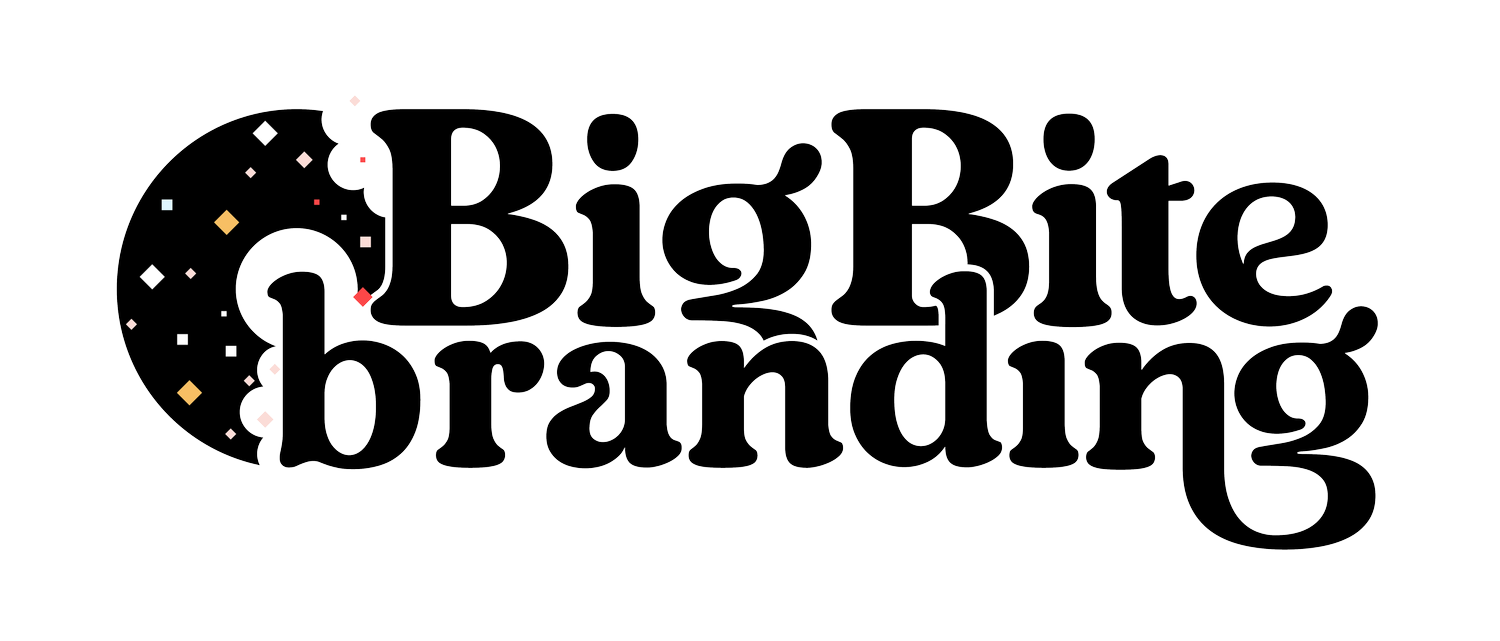The Pros and Cons of AI in Content Marketing
How we consume technology has and will always be ever-evolving. Specifically in the world of marketing, Artificial Intelligence is taking center stage and becoming a large part of ideation, creation, and overall strategy.
Admittedly, “AI” is becoming a bit of a buzzword. We’re seeing it leveraged everywhere and in every industry (specifically in the insurance, finance, and healthcare industries, though content marketing is no exception). While AI is the newest kid on the block and when put to good use can result in many benefits, it isn’t without its own unique set of challenges.
With all the information surrounding Artificial Intelligence out there, here’s what you need to consider when incorporating AI into your content marketing toolkit.
Pros of AI in Content Marketing:
AI is a jump starter.
Cranking out content consistently can get exhausting over time. Staring at a blank page and brainstorming your next big thing can be intimidating and stifling to creativity. AI can serve as a starting point for content ideas, outline creation, and so much more.AI is fast.
There’s a lot of data out there. What used to take us minutes or maybe hours to comb through Google or other search engines to find, AI helps us do it in seconds—with the click of a button.AI is a target magnet.
With AI, targeting just got easier. AI can help us identify specific audience segments and analyze valuable insights quickly, ultimately helping us create content that increases engagement and conversion.
Cons of AI in Content Marketing:
AI lacks nuance (and needs human supervision).
Depending on your chosen platform and its use, AI-generated content can lack the human touch–kicking out content that can come across as generic, sterile, or pre-packaged. This limitation means that we, as content marketers, may need to tailor the output to make sure it works for our target audience.AI can create creative codependency.
In addition to all of AI’s great capabilities, it replaces the need for time spent on laborious activities like research and strategy. Relying heavily on AI to do the groundwork could create a lag in our creative muscle and critical thinking skills.AI competes with data privacy.
AI relies on user data to provide the personalized content and recommendations we seek. While this can lead to high-yielding ROI, it can also be a concern to consumers who are wary of how their data is used.
TLDR; Leveraging AI in content marketing has its benefits and its drawbacks. While it can provide great insight into our target audience, increase efficiency efforts, and predict future trends, it can also lack human flair, result in creative codependency, and take advantage of our private data.
The key to successfully integrating AI into your content marketing strategy is balance. If you’re interested in learning AI’s role in our content marketing and SEO efforts at Big Bite Branding, check out this article.

